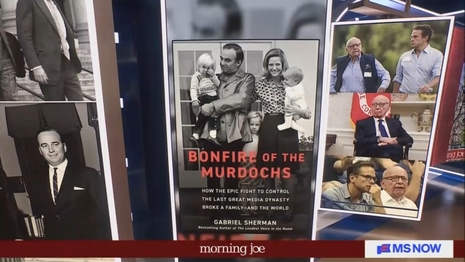Potentially Inappropriate CNS-Active Medications Continue to Be Prescribed to Older Adults in the United States
Delirium, Falls, Hospitalization Can Result
Click to Enlarge: Beneficiaries Who Received a Potentially Inappropriate Central Nervous System (CNS)–Active Prescription, 2013-2021Population-weighted, unadjusted rates of receiving a prescription for a …









